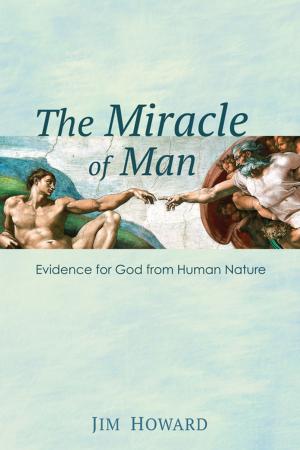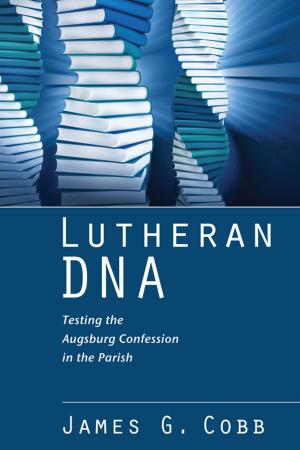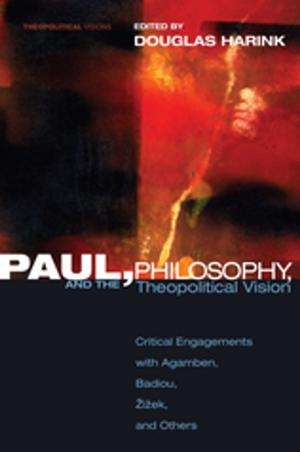Love, Violence, and the Cross
How the Nonviolent God Saves us through the Cross of Christ
Nonfiction, Religion & Spirituality| Author: | Gregory Anderson Love | ISBN: | 9781621890782 |
| Publisher: | Wipf and Stock Publishers | Publication: | August 1, 2010 |
| Imprint: | Cascade Books | Language: | English |
| Author: | Gregory Anderson Love |
| ISBN: | 9781621890782 |
| Publisher: | Wipf and Stock Publishers |
| Publication: | August 1, 2010 |
| Imprint: | Cascade Books |
| Language: | English |
Does God use violence to redeem us? What is the relationship between divine love and violence in regard to the saving significance of the cross of Christ? In Love, Violence, and the Cross, Gregory Love dialogues with two responses to this question, while presenting a third alternative in which Jesus's death is simultaneously a crime and an element of God's saving actions. Through familiar stories in history, literature, and film, Love presents five constructive models that cumulatively affirm God's saving act in the person and work of Christ while letting go the myth of redemptive violence. They affirm redemption, but one with a different shape: Instead of exacting the absolute punishment, God redeems by making good God's promise to humanity to secure human life. Love argues that God is nonviolent, while retaining the core idea presented in the New Testament witnesses: that reconciliation occurs in the work of Christ, and that the cross plays a role in that divine work.
Does God use violence to redeem us? What is the relationship between divine love and violence in regard to the saving significance of the cross of Christ? In Love, Violence, and the Cross, Gregory Love dialogues with two responses to this question, while presenting a third alternative in which Jesus's death is simultaneously a crime and an element of God's saving actions. Through familiar stories in history, literature, and film, Love presents five constructive models that cumulatively affirm God's saving act in the person and work of Christ while letting go the myth of redemptive violence. They affirm redemption, but one with a different shape: Instead of exacting the absolute punishment, God redeems by making good God's promise to humanity to secure human life. Love argues that God is nonviolent, while retaining the core idea presented in the New Testament witnesses: that reconciliation occurs in the work of Christ, and that the cross plays a role in that divine work.















